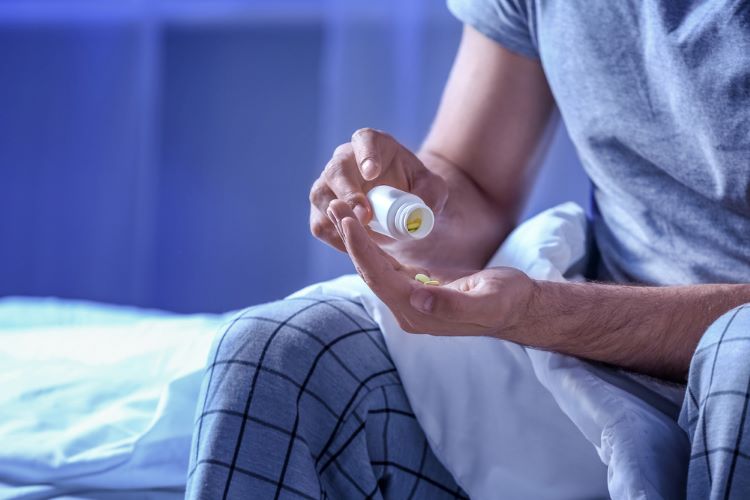Innovative insomnia study aims to overcome major clinical trial bottleneck
Posted: 8 November 2023 | Catherine Eckford (European Pharmaceutical Review) | No comments yet
A new UK trial investigating a standard insomnia treatment is a “significant step forward in patient-centric trial design”.


For UK patients with severe insomnia, for whom existing therapies have not worked, a new, decentralised clinical trial is set to evaluate chloral hydrate as a short-term treatment.
Evaluating chloral hydrate for insomnia
While chloral hydrate is already an established treatment for insomnia, much of the published clinical data in adult patients is dated, according to clinical trials company Lindus Health and global lifecycle management healthcare company Pharmanovia.
Therefore, the companies have stated they aim to generate fresh data on the safety and efficacy of this treatment, using more current validated trial endpoints.
By adopting this innovative approach, the goal is to reduce the challenges and obstacles associated with in-clinic studies and enables a more diverse range of participants.
According to Lindus Health and Pharmanovia, the first of 90 people aged 18-75 with severe insomnia set to be involved in the trial, has been enrolled. For the patients, the study will involve a fortnight of chloral hydrate treatment, followed by four weeks follow-up. Dosage will be dependent on previous treatment and will be titrated during the study.
The trial represents a “significant step forward in patient-centric trial design, as it seeks to leverage insights from patient-reported outcomes (PROs) using digital self-assessment methods such as online questionnaires and digital tools such as telemedicine and virtual pharmacies.”
“Traditional clinical trials have been the biggest bottleneck in improving human health, from the soaring costs to the lengthy time frame needed for approvals, so we are excited to help accelerate the pace of research [through the decentralised trial]”
There is “enormous value” in patient-centric insights through decentralised trials, according to the co-founder of Lindus Health, Michael Young.
“Traditional clinical trials have been the biggest bottleneck in improving human health, from the soaring costs to the lengthy time frame needed for approvals, so we are excited to help accelerate the pace of research to find an alternative treatment for people living with severe insomnia,” Young added.
Patients participating in the trial will be closely monitored by a virtual clinical team as well as an independent Data Safety Monitoring Board (DSMB).
Related topics
Clinical Development, Clinical Trials, Drug Development, Drug Safety, Research & Development (R&D), Therapeutics









